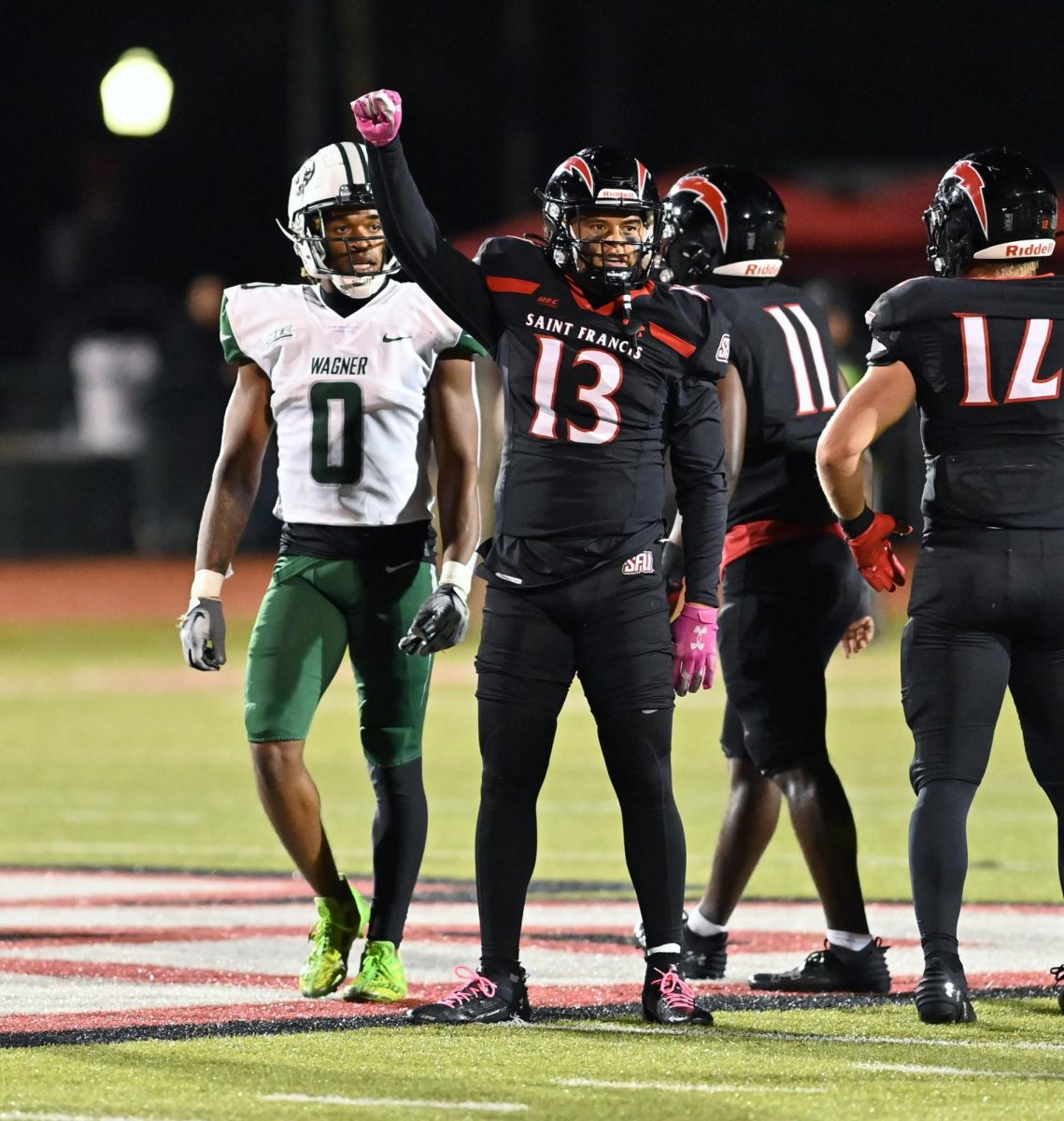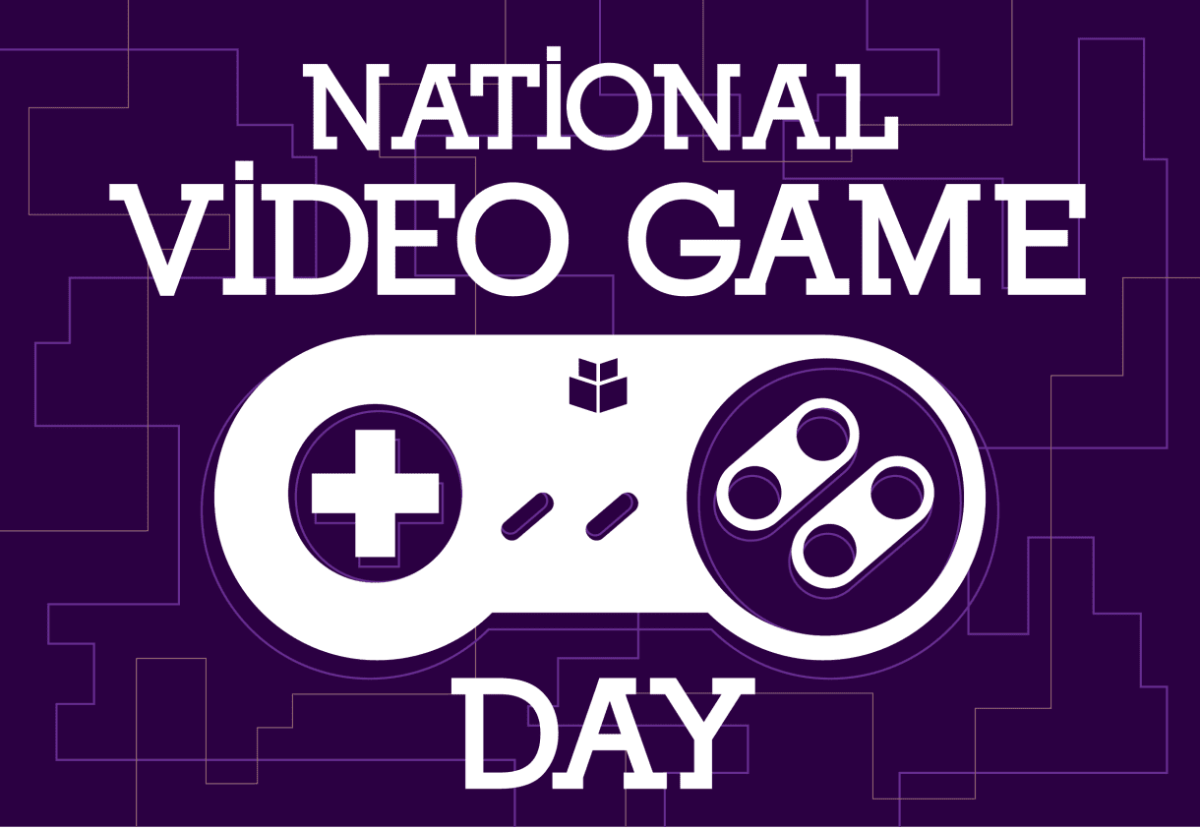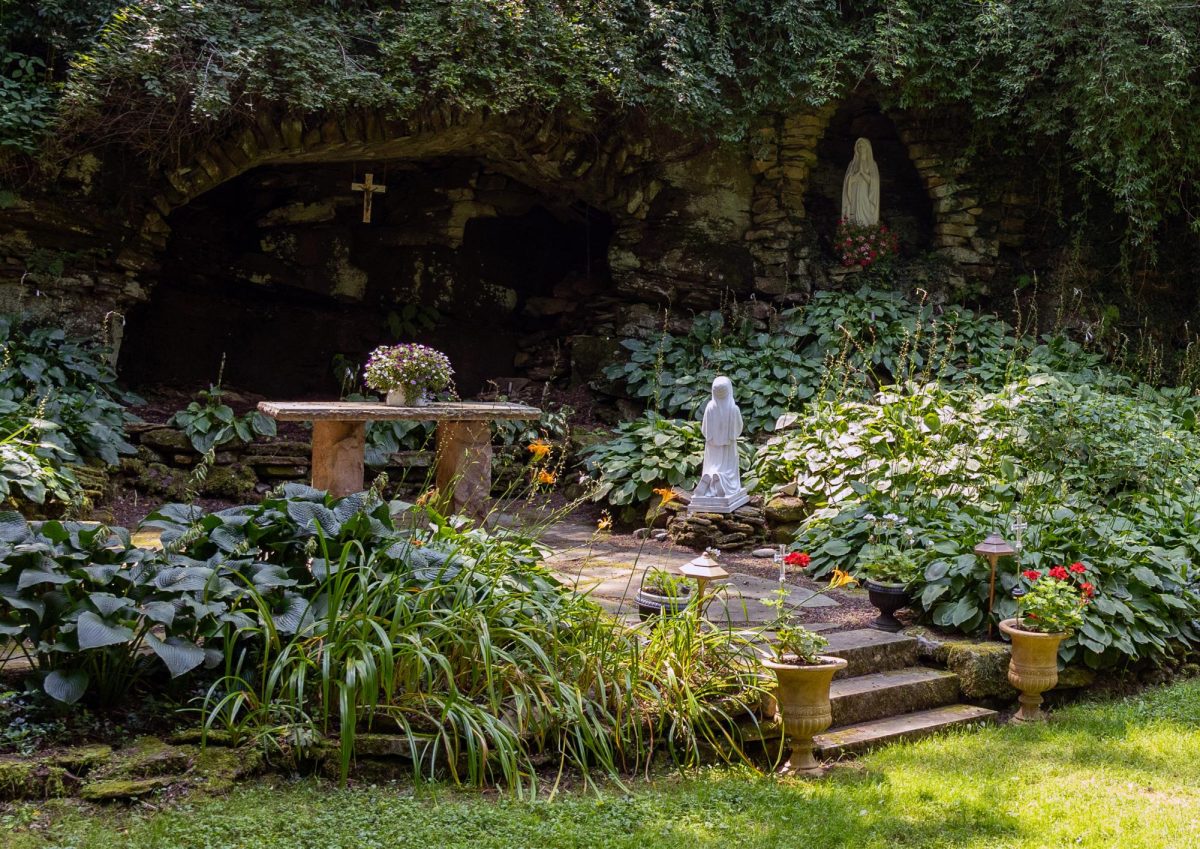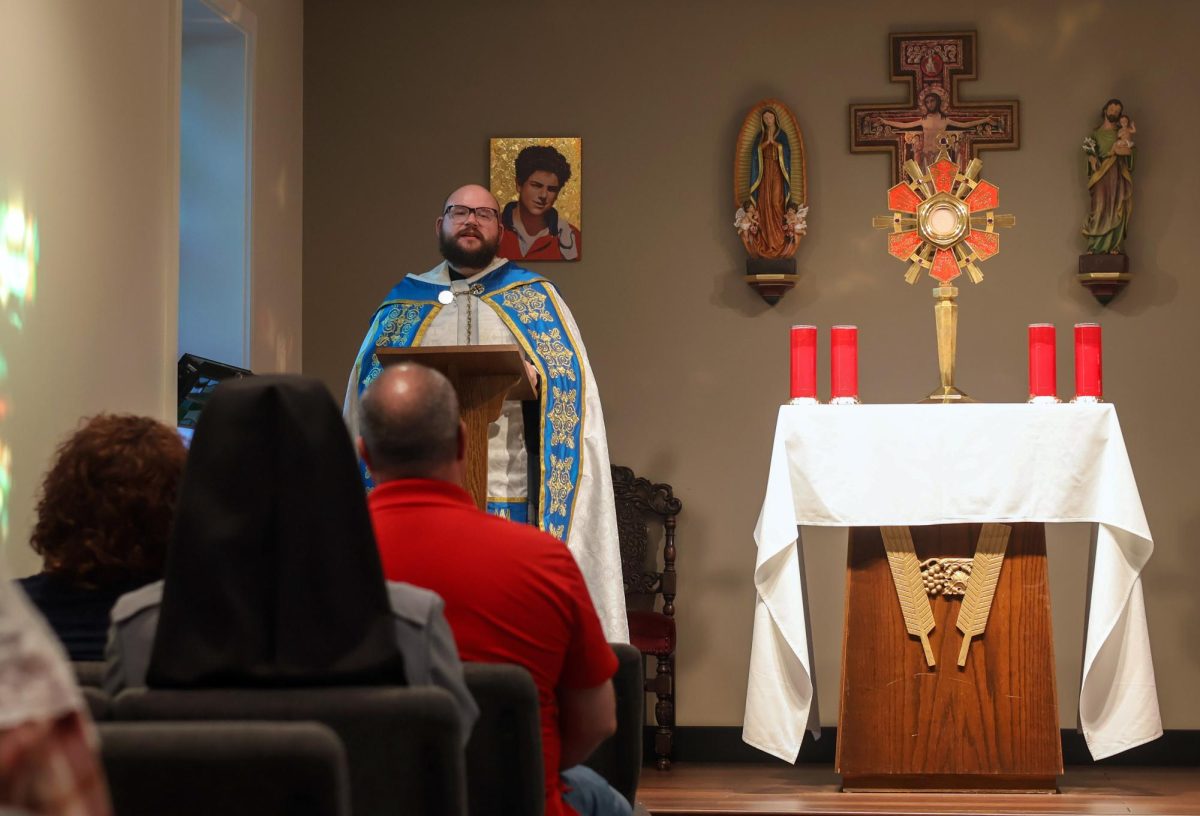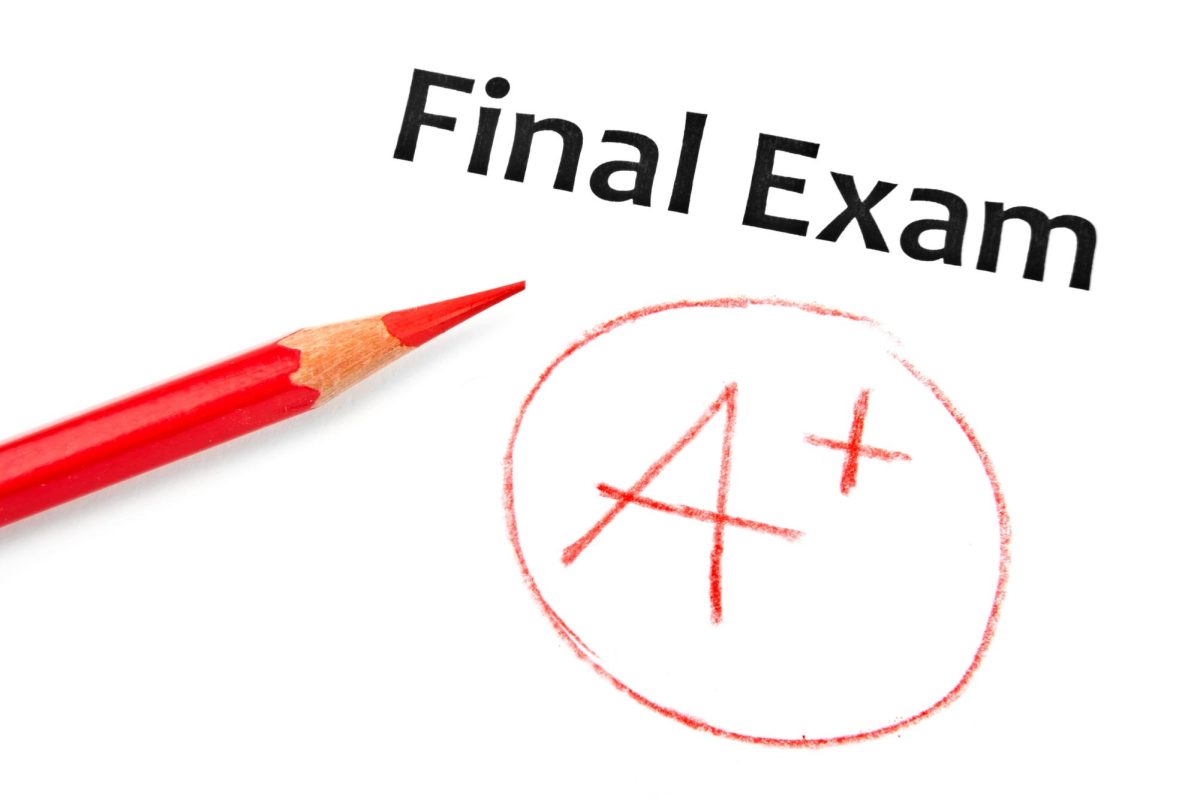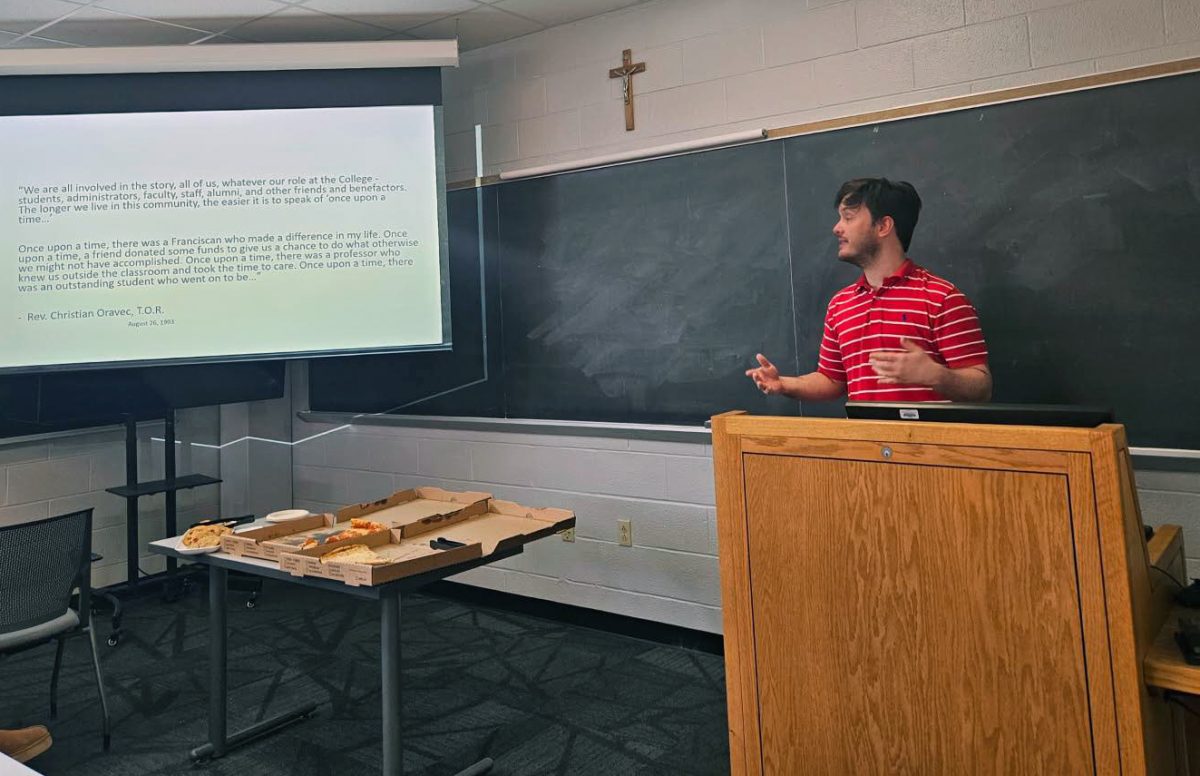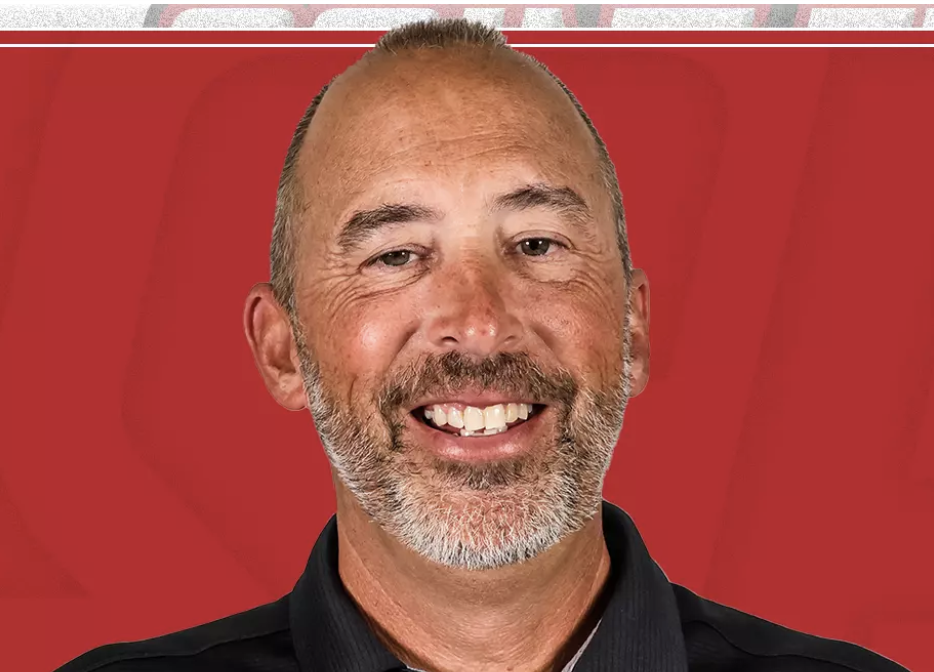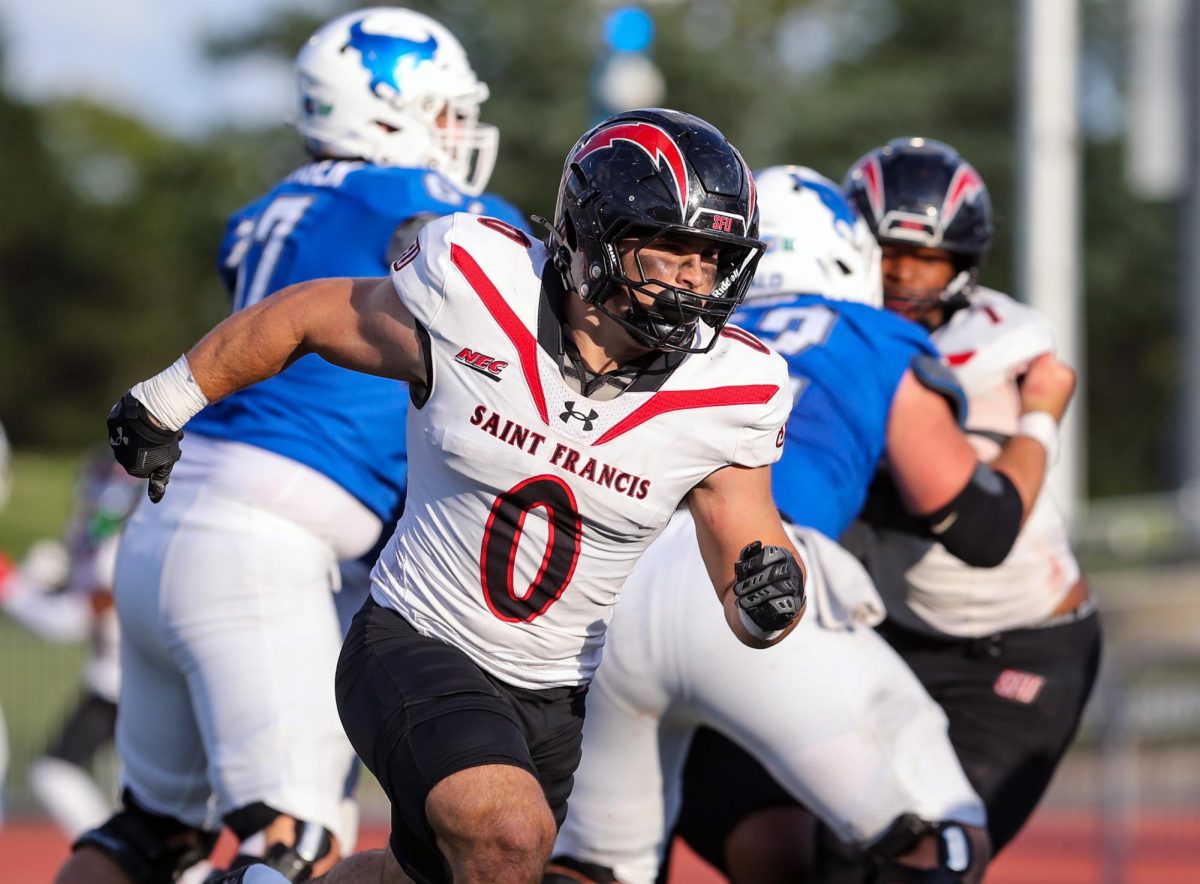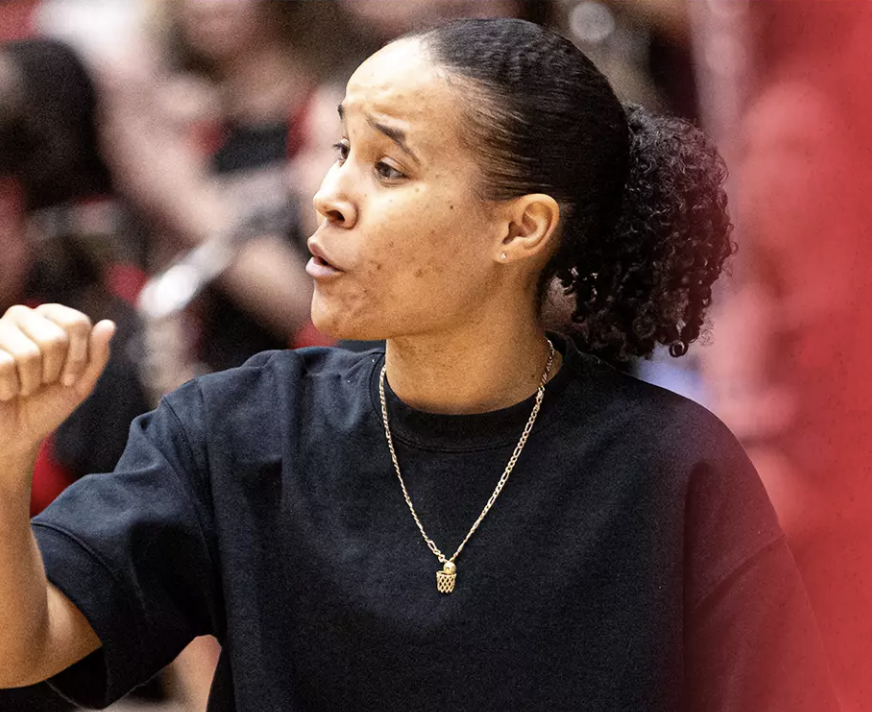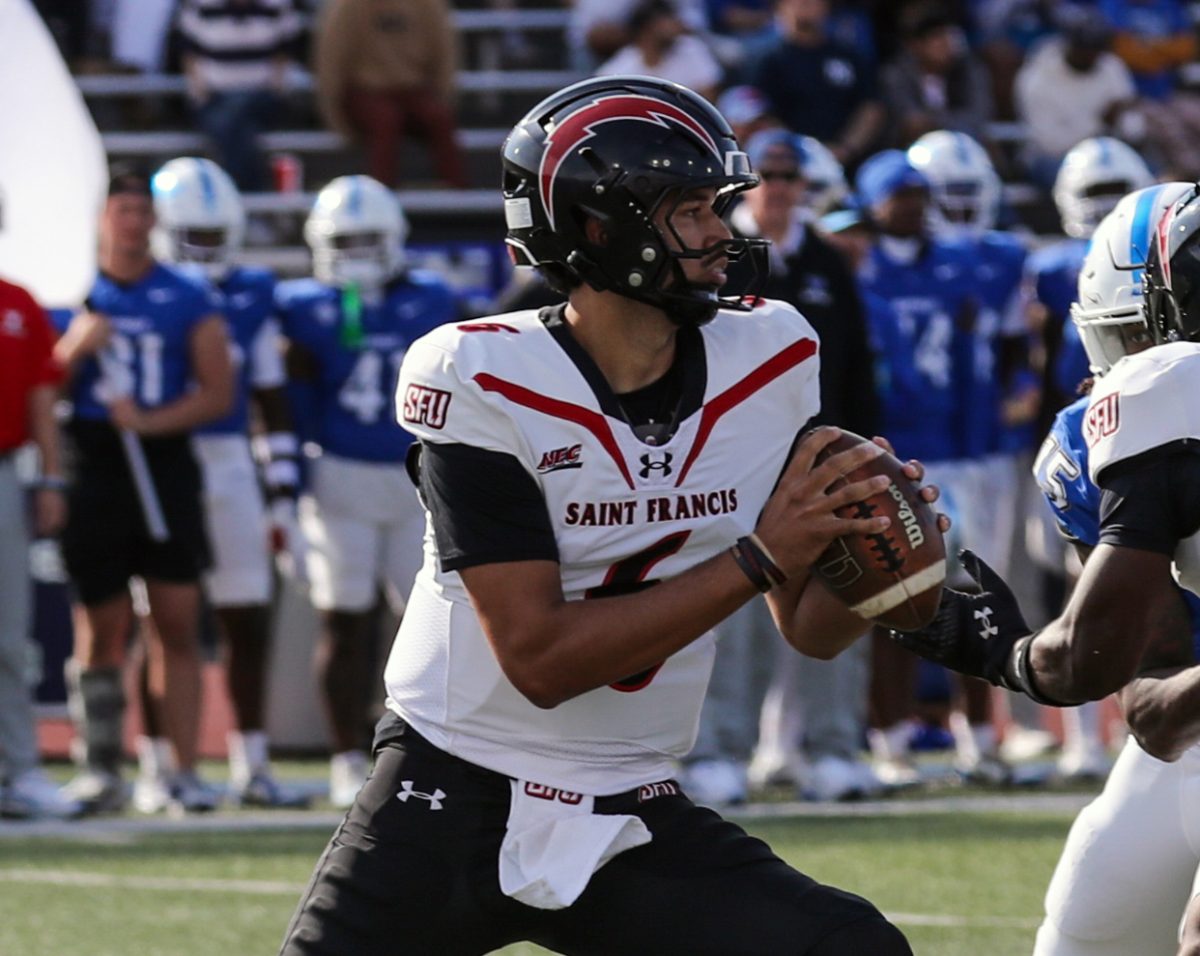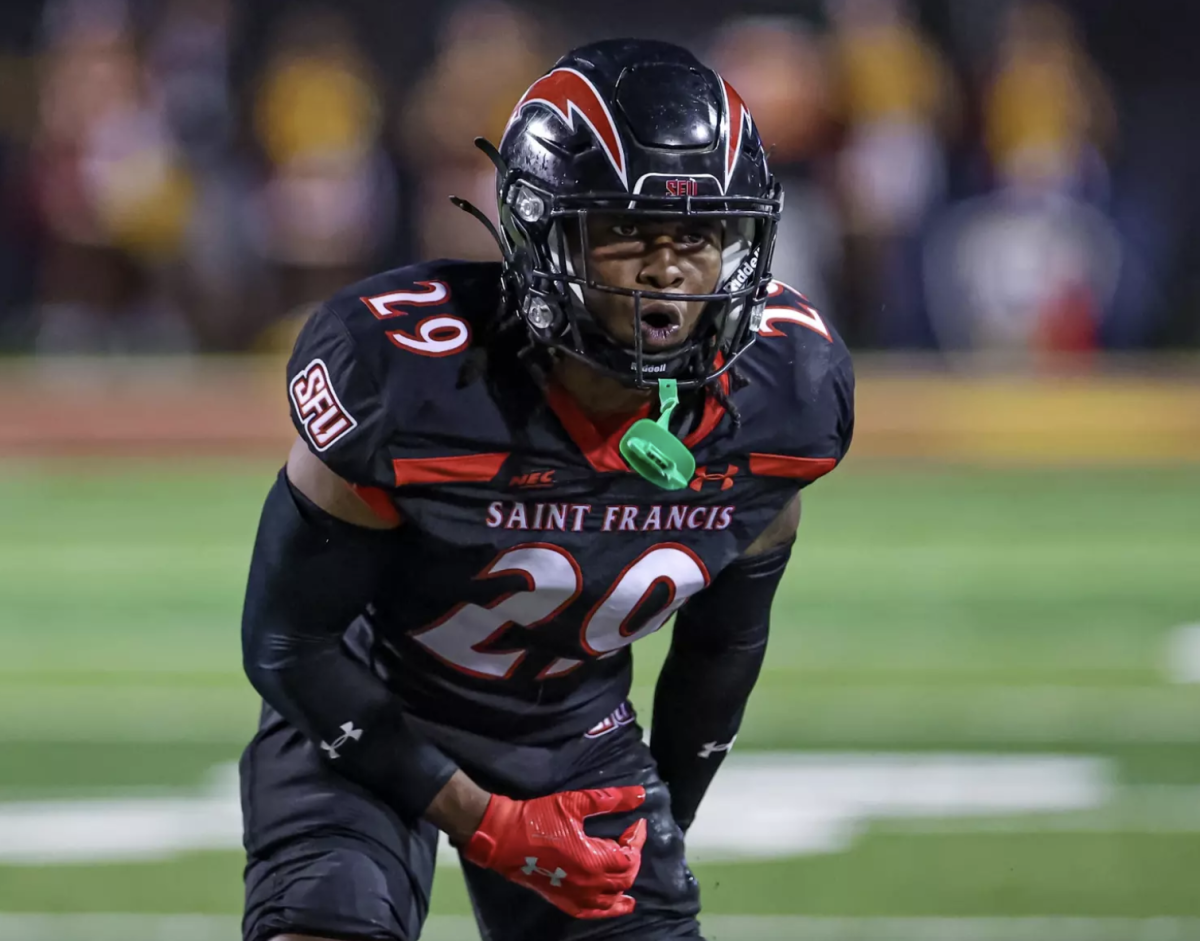“Family and respect,” said Ratu (Buju) Aumua-Tuisavura, “are two of the values our Polynesian culture stands on.”
Buju is a junior Communications major and defensive back on the Red Flash football team. He lived in Hawaii until his sophomore year of high school.
“I am half Samoan and half Fijian,” said Buju. “Both are Pacific islands south of Hawaii.”
Last weekend in SFU’s 28-21 come-from-behind Homecoming Game win over Merrimack, Buju made two tackles and recovered a fumble. He has made 33 tackles entering this weekend’s home game against LIU.
The Polynesian culture has played a significant role in Buju’s life. Now that he lives apart from his family, he often recalls the values that it has taught him.
Buju, who transferred to Saint Francis from New Mexico Military Institute before this semester, has seven immediate family members and a very large extended family.
“I remember one night at a family reunion when I was younger, I started whistling,” said Buju. “My grandma got mad at me. She told me whistling at night invites evil spirits.”
Historically, Polynesian beliefs include superstitions and legends.
Traditions, such as Haka, also play a large role in the Polynesian culture.
“Each island has their own version of Haka,” Buju said. “It is a war chant and dance that is used to motivate warriors.”
Haka was traditionally used in group settings as a part of different rituals. Today, it is performed at many different events, including sporting competitions and weddings.
Buju also explained it is common to hear Polynesians say they feel “Mana.”
“Mana is very important to our people,” said Buju. “It means the power and strength of our ancestors.”
In August, the Hawaiian island of Maui suffered severe wild fires that killed 97 people and left many others missing, injured and homeless. Buju said he has friends whose lives were affected by the fires.
“The fires in Maui are heartbreaking,” he said. “Especially because of all the history associated with that land.”
When the fires struck, he said it felt as though the entire island became one big family. Everyone banded together and offered help to each other.
While he is grateful his family is safe, he feels empathy for others in Maui.
“These types of difficult situations only make us stronger as a whole in the end,” Buju said.
“Growing up surrounded by these values and traditions has molded how I think and how I move in life.”
